5G is the wireless technology that provides higher multi-Gbps data transfers, reliability, ultra-low latency, high network capacity, and a more uniform user experience. Its high-speed and efficient services help connect new industries. However, Pakistan has already set off its digital transformation with the adoption of 5G technology which prompts the government to introduce the Internet of Things (IoT) framework and cloud-first Pakistan policy.
5G technology can increase employment opportunities as it has created 16 million jobs in the US. It has shown a magnificent increase in productivity in the manufacturing industry i.e., up to 20 to 30%. Its benefit not only lasts to the manufacturing sector but also facilitates the real and construction industry. 5G technologies in the real and construction industry would contribute 30 million to the Indian national income by 2040. Moreover, it is estimated that there will be 478 million smart homes globally by 2025.
5G technology has the potential to support the construction and real estate industry by constructing smart buildings, site surveillance, worker safety, supply chain optimisation, improved collaboration, and construction automation. Pakistan can reap fruit from the 5G technology adoption process because it will ease the work of investors, attract more foreign direct investment, and increase the high-tech jobs in the market.
Scope of 5G Technology in the Construction and Real Estate Sector
5G technology has the potential to increase the worth of the construction and real estate industry in various ways such as:
Smart Building
Internet of Things (IoT) can easily operate through 4G but 5G would increase the speed and efficacy specifically in smart buildings. It has greater density to connect the device and rapid response time thus giving new meaning to smart buildings. As per the research, buildings are emitting 40% GHG and 5G would help in mitigating its emission. It generates a lot of data which has been left used and it can be evaluated to find the problems like broken valves, dampers, and dysfunctional equipment[1]. Moreover, it was reported that smart buildings have the capacity to save 20 to 30% energy. As Pakistan is energy scarce country and the technology-intensive buildings would help in mitigating energy usage. The Building Energy Code of Pakistan has also anticipated that 20 to 30% of energy wastage in buildings could be saved with the implementation of energy codes.
Site Surveillance
Site monitoring requires a camera that must be supported by low-latency connectivity. 4G connectivity has 200 milliseconds latency rate whereas, the 5G has a 1-millisecond latency. A fast response would help in collecting data from the sensors in real-time and cameras in a timely manner of on-site security breaches and hazards.
Worker Safety
The notable feature of 5G is that it enables accurate tracking of assets whether personal or onsite equipment. It indicates to the workers about the on-site hazards to protect them from an occupational injury. This process can be applied by a wearable that embeds IoT sensors and geofencing. Despite, technology advancing in Pakistan’s construction sector workers are still heavily using conventional methods of building infrastructure. As per the research, it was found that the health and safety of the worker in Pakistan are affected by a lack of technical guidance in performing construction projects, awareness and technological innovation. Therefore, the usage of 5G technology would provide better working conditions in the construction industry.
Improved Collaboration
It allows builders to improve communication among the stakeholder as working on a construction project requires a lot of collaboration. For the instant completion of projects, it is necessary to share documents, information and change in plans without any delay. However, 5G has the ability to share information and document in a convenient way through mobiles. In addition, 5G technology has the ability to boost the efficiency and quality of AR/VR technology and its usage has been increasing in the real estate and construction industry. It helps in visiting construction sites and properties in 3D. In Pakistan, the process of communication and coordination between investors and engineers consumes a lot of time. 5G honed the communication process and AR/VR technology reduces the cost and time as an architect can present their work in an immersive ecosystem.
Construction Automation
5G has characteristics of high bandwidth and low latency which enables to operate of machinery and equipment remotely through high-quality and real-time videos. The automation framework would facilitate on-site operation and it reduce safety risks and increase efficiency. The construction industry of Pakistan is complex in nature which is increasing the project completion time and it in turn increases the cost. The productivity of the construction industry is affected by inappropriate data channels and a lack of communication mechanisms and reporting systems. However, by using 5G technology communication and automated monitoring system will perform better which would increase the efficiency of the construction industry.
Way forward
5G technology has the potential to bring in a much-needed economic revolution and it can be a game-changer for Pakistan which can transform itself into an IT-based knowledge economy. It has the attribute to improve connectivity and speed. A report ‘5G Readiness Plan for Pakistan’ has also emphasised that Pakistan must build the local cloud infrastructure to support domestic entities and services related to the deployment of IoT. 5G technologies could be introduced with the private-public partnership, to get the spectrum government has to ease out procedures, and digital infrastructure should be d to reduce its cost of implementation, improve access to towers and increase investment in international transmission capacity and cloud. To use 5G in the real estate and construction industry there must be collaboration and consensus among landlords, government and private sector investors. To implement it country needs a government sector policy, regulation, and investment from the private sector.
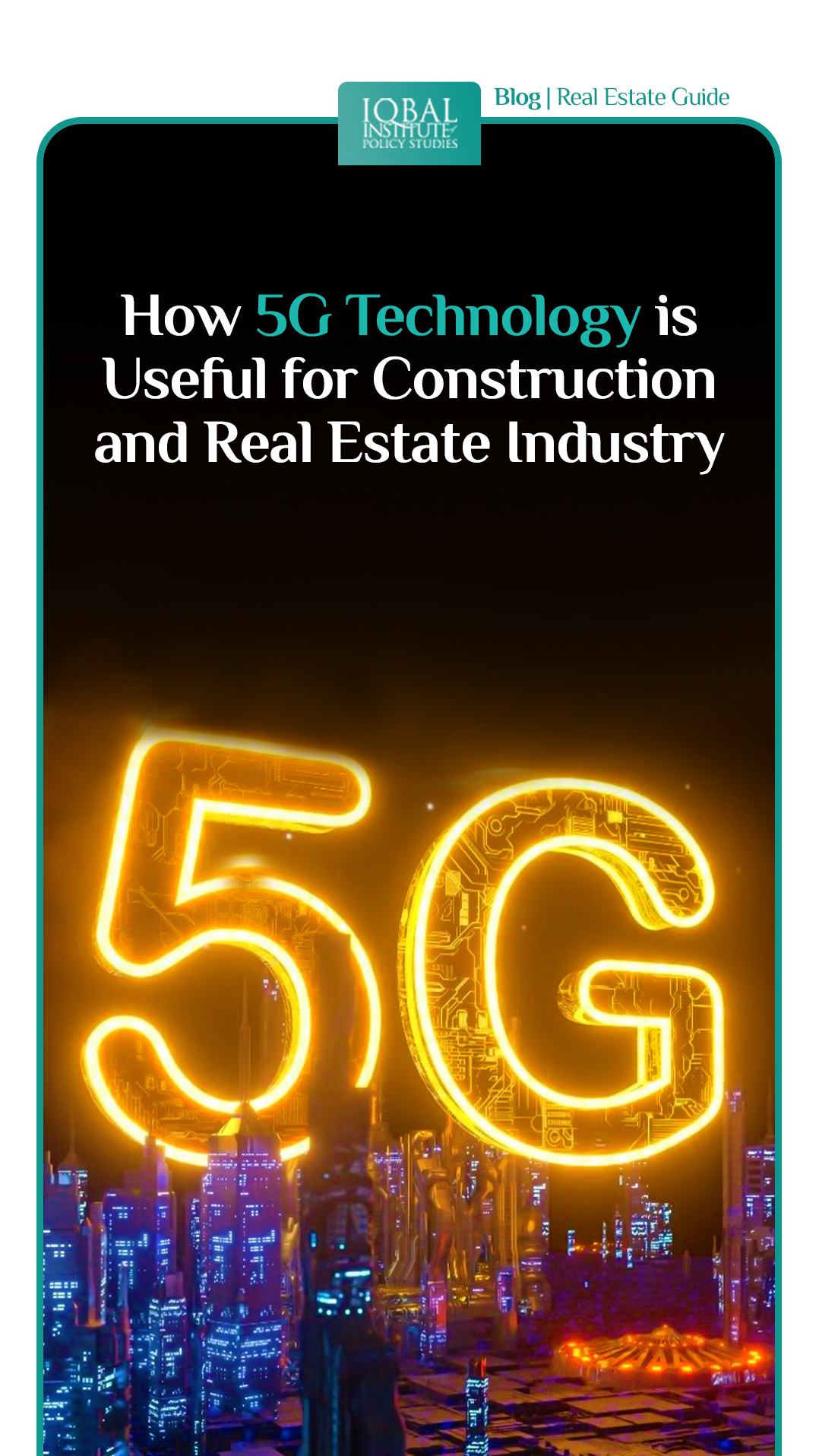

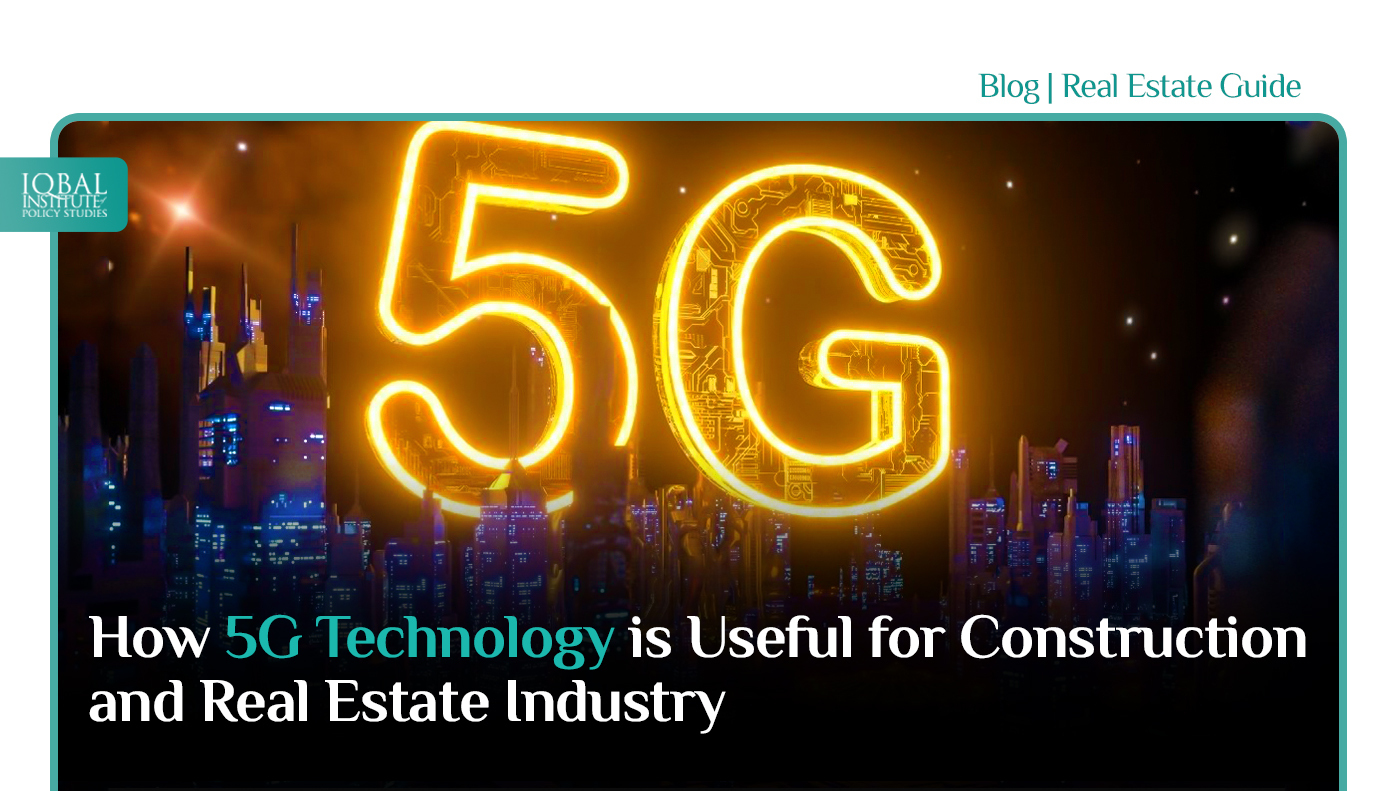
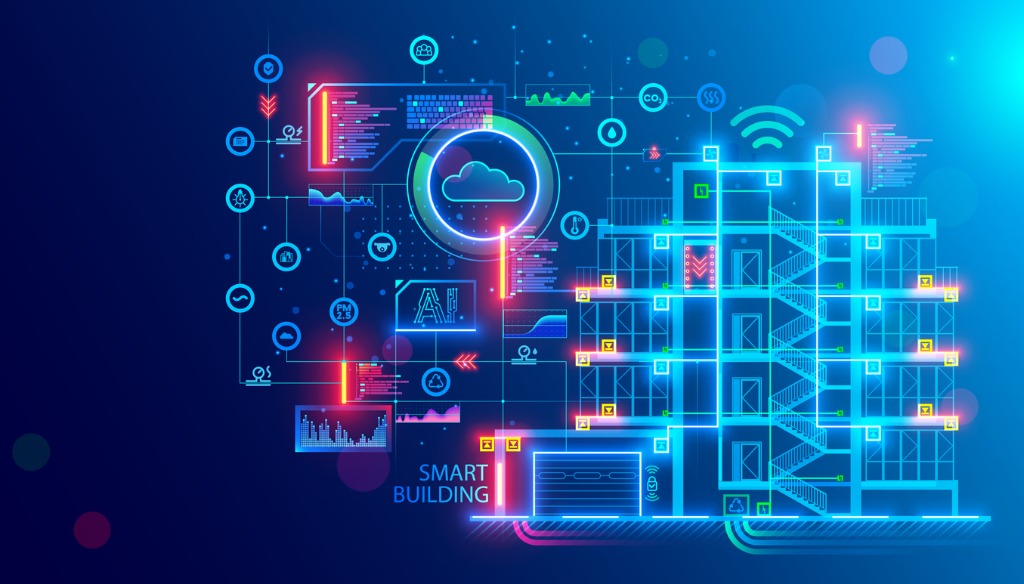
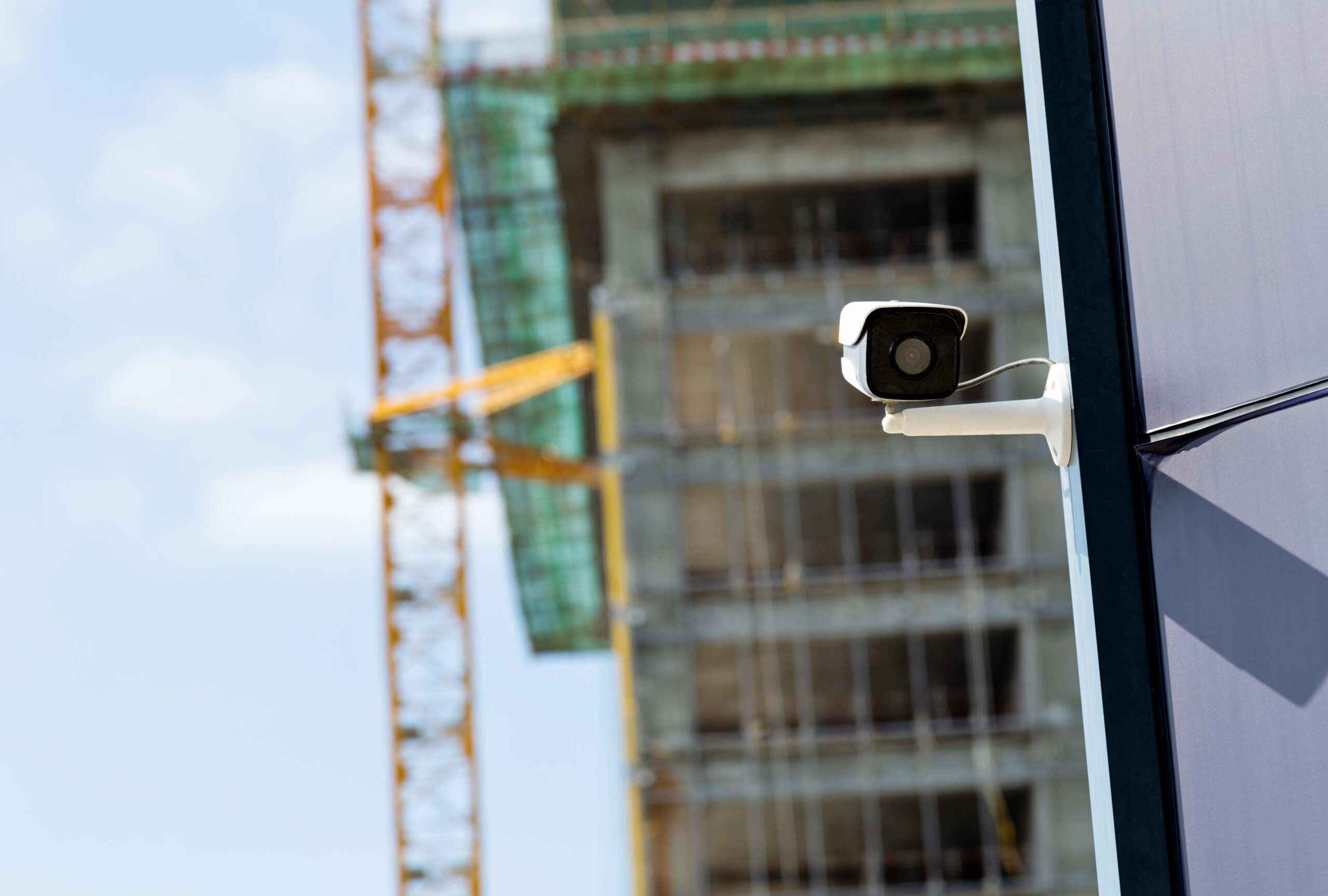
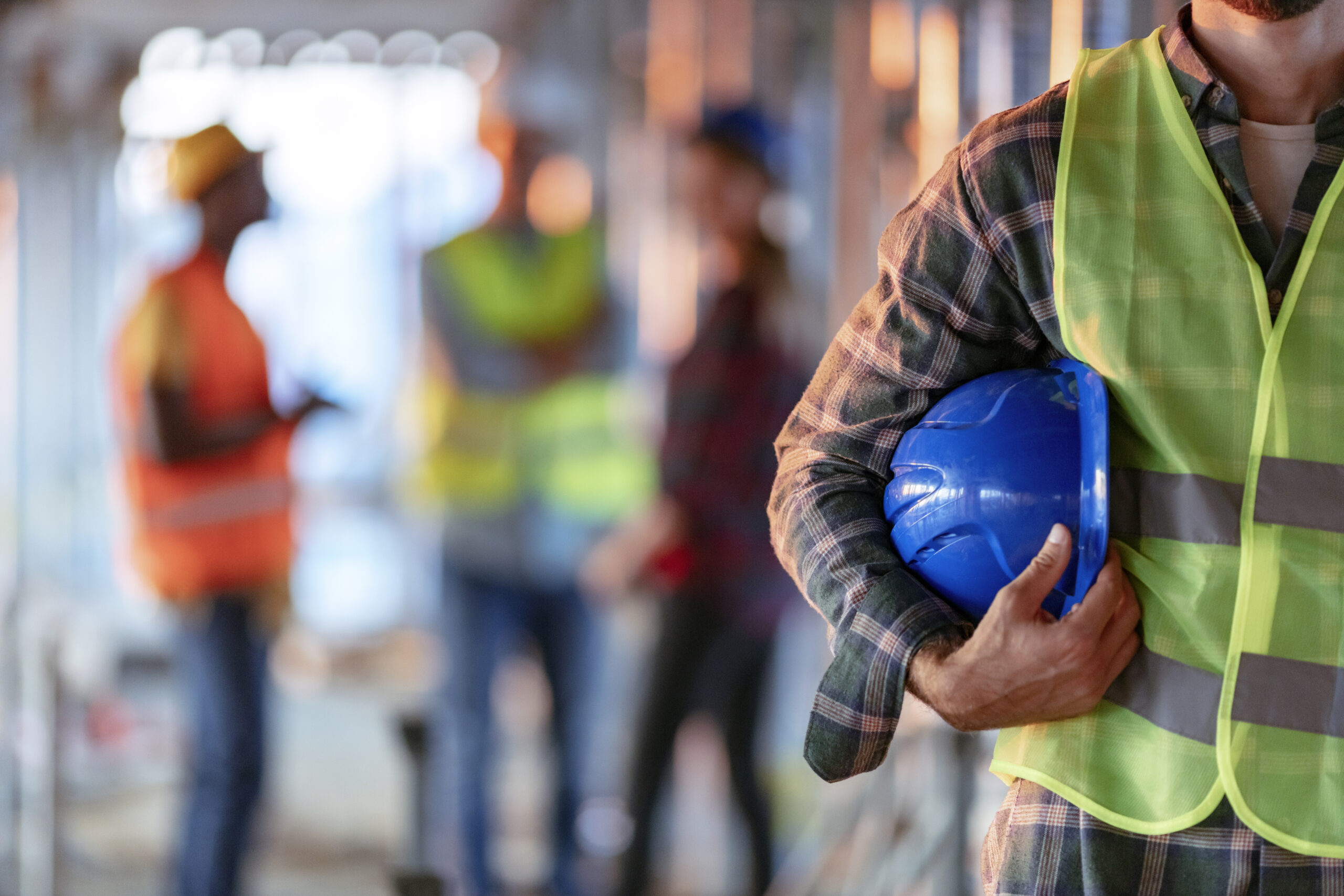


Leave a Reply